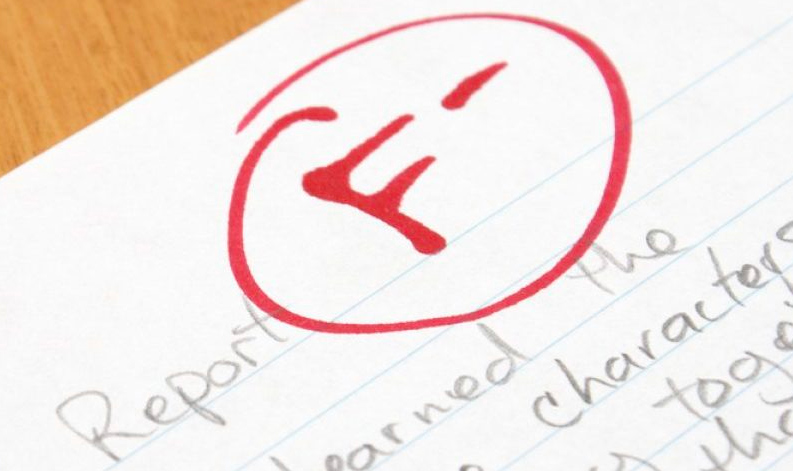It is a proven fact that an exceptional, content-based approach to private school digital marketing works.
Marketing high-quality, relevant content creates consistent, reliable SEO results by providing value to search engines and the prospective students alike. When implement appropriately, content marketing for provate schools is successful, sustainable, and scalable. A thoroughly planned and executed digital marketing strategy will save you valuable resources – including time and money – and help you avoid tactics that don’t produce results or attract new students and their families to your private school.
The hard question is: “What is quality private school content?” — that is, content that appeals potential students and parents, enhances your private school online, and keeps the search engines happy. The success of a private school’s digital marketing efforts rely upon the value and quality of their web content.
We often get asked about “thin content,” since many administrators of have heard the phrase, and want to know it means, and if it can impact their private school’s website–particularly if they are attempting to master effective writing for private school websites.
What is “Thin Content?”
“Thin” content lacks sufficient quality — it may be lacking detail, but generally fails to offer enough value to the user. For example, perhaps your private school’s website, lacks enough comprehensive information to explain a specific advantage of private schools over public schools. Alternately, the content may not be unique enough to set it apart from another private school’s content. (And, we have to say it – if you have plagiarized content from somewhere else, typically it will be regarded as “thin”)
Doorway Pages
Doorway pages are an example of thin content. Doorway pages are multiple, separate pages for phrases or keywords that are only slightly different. For example, devoting a page to every city your school has a facility in, and duplicating the content with only minimal changes will also be deemed “thin.”
As Matt Cutts of Google said,
“If you were to land on that page, it might look relatively reasonable. But if you were to look at four or five or those pages, you’d quickly see the only difference between them is the city, and that’s something we’d consider a doorway, and not as useful.”
Thin Syndication
Another type of thin content is “thin syndication.” Thin syndication is when private schools collect content from elsewhere – most likely a low-quality website, like an article farm – then publishes that content to their own site. Generic, “canned” content lack any real value or appeal to search engine users, and are ranked accordingly. Vague sites or pages with plagiarized content risk violating Google’s Webmaster Guidelines, which can have consequences worse than lower rankings for your private school’s website.
How can Thin Content Impact Private School Websites?
Does Good Content Help With Private School SEO?
Google was designed with the purpose to index the world’s digital information and offer a user the very best content to address their inquiries. To achieve this, Google needs to review a websites’ content, and limit websites with deficient content from ranking well in search results.
In 2011, Google released their Panda algorithm, which refined that process. This algorithm was created to locate the content deficient in quality, also known as “thin content,” on sites and prevent these sites from achieving high rankings in search engine results pages (SERPs).
We always stress the importance of private schools familiarizing themselves with Google’s Webmaster Guidelines and Best Practices, because it will help you understand what is an acceptable SEO tactic, and what is not. Google also reminds us that being included in SERPs is a privilege, NOT a right.
What To Do If You Have Thin Content
Improving Your Private School’s Marketing with High Quality Content
By now there is no question that good quality content helps with private school marketing, and avoiding “thin” content in the first place will go a long way toward effective content marketing for private schools.
The best way to avoid “thin”content is by developing and executing a content strategy that focuses on the needs of your prospective students, families, staff, and donors. You will offer value to your readers by addressing their questions and concerns in a way only your facility can.
If you suspect that your site has thin content that fails to offer much depth or value, review the existing content on your site to see if any of it can be improved, added to, or enhanced. The first step is to remove any duplicated, plagiarized, or syndicated content from your private schools’ website. Authentic, original content is a fundamental ranking factor for Google so it is very important to offer detailed and accurate information. Consider creating a FAQ’s page that answers frequent questions that your administrators and staff hear from students and parents.
We Help Private Schools with Content Marketing
At AdInfusion, know that a successful digital marketing campaign for a private school needs exciting content. We can teach administrators of private schools how to dependably expand their private school and other institutions through content-based marketing while avoiding wasted of resources – including time and money – on methods that do not yield results for for their private school.
There is no “top” of Google, but there are countless potential students and parents with problems your provate school can solve. When you connect with those students and parents, you will be providing them with valuable information to increase the odds of them enrolling at your institution.
There are no quick tricks or gimmicks that will reliably enhance your rankings in a search engine’s results. “Overnight success” is a busted myth. If you are still questioning what works — and what really is effective for marketing private schools — let’s talk about how to improve your private school’s website content and SEO. Contact us today! 916-798-5707

